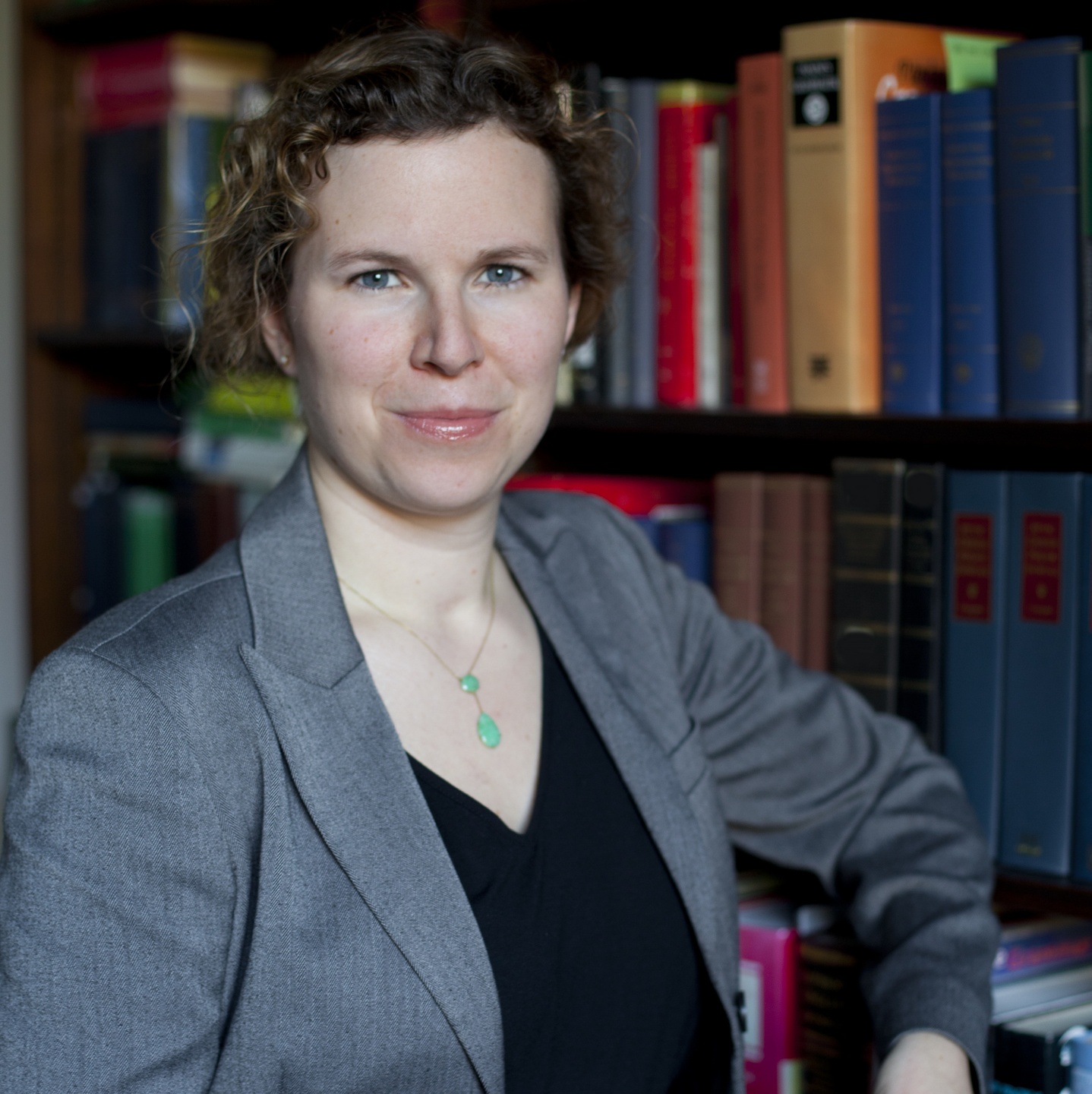
SKT 202 | Intermediate Sanskrit II: The Rāmāyaṇa
January 5 - March 6, 2026
Course Description
This course builds on our foundational Elementary Sanskrit program and provides students the opportunity to reinforce the principles of Sanskrit grammar, build vocabulary, and gain more confidence through reading original Sanskrit texts.
In our Elementary Sanskrit classes, we got to know most Sanskrit noun and verb forms and some rules of Sanskrit syntax. We often have a general familiarity with them—but they haven’t settled in our brains yet. The best way to help with that settling is to read lots of actual Sanskrit and thus to constantly remind ourselves of the things we know (or once knew and have forgotten in the meantime, because we are human and Sanskrit is hard).
The second thing we need to be able to read Sanskrit is a larger vocabulary. Introductory Sanskrit classes often keep low the amount of vocabulary you are required to learn, because just making you memorize all those noun and verb forms is more than enough. And so you will now be provided with a list of frequent words, we will talk about vocab learning strategies in our first class, you will get online flash cards for all the words, and will be offered regular quizzes to test your progress.
Of course, we are not just reading any text, but the Rāmāyaṇa, one of India and Hinduism's great Epics. Countless have read it before us, countless have been inspired by it, and the text has been interpreted in a wide variety of ways. Our aim in this course will be to remain fairly literal and to see what the text says—what we can translate—where it remains ambiguous, and how that ambiguity comes about. That way, every course participant will have a basis for their own informed view of the text.
For all our readings, we will be using Dr. Ruppel's reader, An Introductory Sanskrit Reader which provides copious grammar and vocabulary notes on every passage. We will cover new passages this year, so anyone who wishes to rejoin from a previous SKT 202 course is most welcome!
This year's course will cover readings d-h, m, n, and k (if we have time) from An Introductory Sanskrit Reader.

Course Structure
- 18 Live Class Sessions (90 min each)
- Mondays @ 12-1:30pm Pacific (California)
- Wednesdays @ 10-11:30am Pacific (California)
- All live sessions will take place via Zoom and will be recorded for later viewing.
Students Will Receive:
- 18 live class sessions (90 min each)
- 5 ACP Credits
- 27 Hours of CE credit with YA
- Yogic Studies Certificate (PDF)
- Access to the private Community Forum
Dr. Antonia M. Ruppel
Lecturer in Sanskrit, Greek, and Latin
Antonia Ruppel is a Classicist by training who came to Sanskrit through a series of fortunate accidents. She learnt the language as an autodidact, and one of her reasons for writing her textbook, The Cambridge Introduction to Sanskrit (2017), was to make the experience of studying Sanskrit easier and more pleasant for others. In 2021, she published the follow-up volume, An Introductory Sanskrit Reader: Improving Reading Fluency, designed to help students gain reading fluency in an enjoyable and straightforward way.
Language pedagogy is at the heart of her life. She has been teaching Sanskrit for almost 20 years at universities such as Cornell, Oxford and the LMU in Munich, Germany, as well as offering courses in variety of formats online.
Listen to our interview with Dr. Ruppel on the Yogic Studies Podcast.
Enrollment is currently closed.
Regular Tuition Tuition
$300
One-Time Payment
Regular Tuition
$100 x 3
Three Monthly Payments
Frequently Asked Questions
Are there any prerequisites to enroll?
What if I can't attend the Live Sessions? Are they recorded?
Do I have to take all three SKT courses?
Is there a required textbook? Can I use a different book?
Are these SKT courses included in the YS Membership Program?
Is there a certificate I can receive for the course?
Have further questions?
This course is eligible for 27 hours of Continued Education (CE) credits with Yoga Alliance

Stay Informed
Sign up for the Yogic Studies mailing list to find out first about upcoming courses, podcast episodes, promotions, events, and the latest research delivered straight to your inbox.





